Leadership for Health Equity
Physicians are in a unique position to observe the health effects of clinical and public policies that affect patients and their communities, and thereby have a duty to address societal and structural determinants of health, and enact health care systems changes and other strategies that eliminate health disparities.
The leadership for health equity pathway (LHEP) offers residents mentorship, community and training to develop physician leaders who create innovative strategies for confronting social and structural disparities, and achieving health equity in the U.S.
The LHEP curriculum supports resident leaders across multiple disciplines, including those seeking careers in primary care, sub-specialty care, research, medical education, business innovation, hospital administration and other disciplines.
LHEP participants will have protected time to develop a project or product that advances the resident’s goals for promoting health equity in the resident’s area of interest.
Program Features
Health Equity Core Content
- Community engagement & patient voice
- Frameworks and theories of health equity
- Data collection, analysis, and interpretation
- Mentored projects
Leadership Skills
- Self-reflection & visioning
- Institutional leadership and values
- Change management
- Team building and managing networks
- Advocacy and negotiation
- Branding, communication, and dissemination
- Fiscal management and sustainability
Hidden Curriculum (pathway function)
- Building and sustaining social networks
- Mentors and sponsors
- Career development
Our curriculum is delivered during two focused two-week blocks each year as well as through longitudinal experiences. The blocks are structured to provide daily content as well as protected time to work on projects, to meet with peers and mentors, and to focus on professional development (September and January). Over the course of the year, residents meet as a group and with LHEP directors for community building and advising. Residents are also encouraged to work on individual and group projects related to health equity with technical and financial support provided by the residency program.
PGY-2
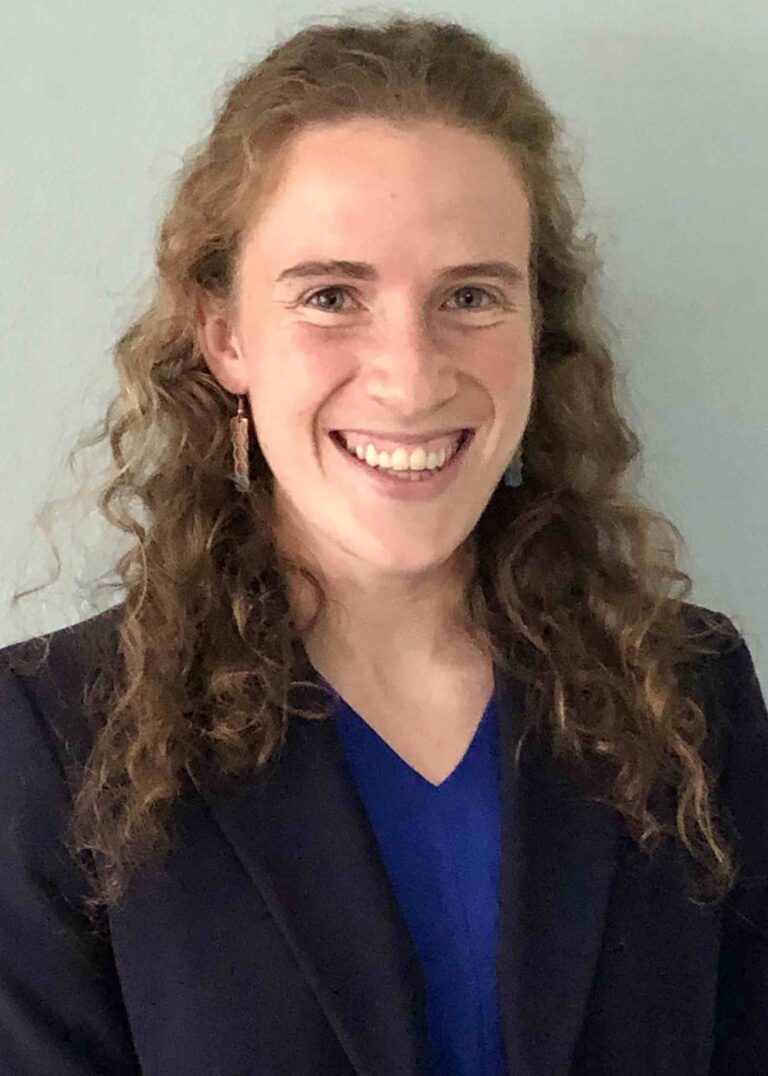
Hannah Borowsky, MD
University of California, San Francisco, School of Medicine

Bryn Falahee, MD, MPhil
Harvard Medical School
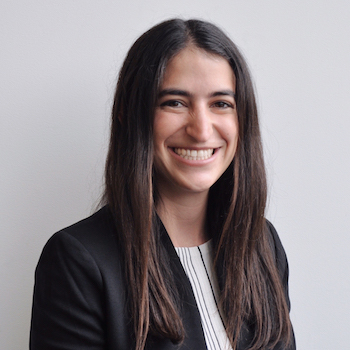
Aliza Green, MD
University of California, San Francisco, School of Medicine

Blossom Tewelde, MD
Johns Hopkins University School of Medicine
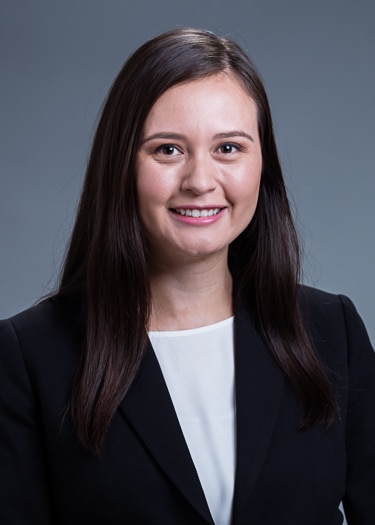
Sarah Zambrano, MD
Boston University School of Medicine
PGY-3

Ashley Odai-Afotey, MD
Yale School of Medicine
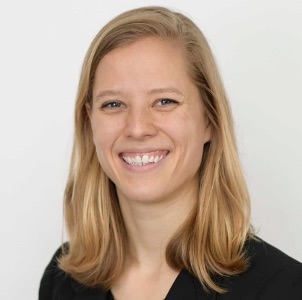
Beret Amundson, MD
Emory University School of Medicine
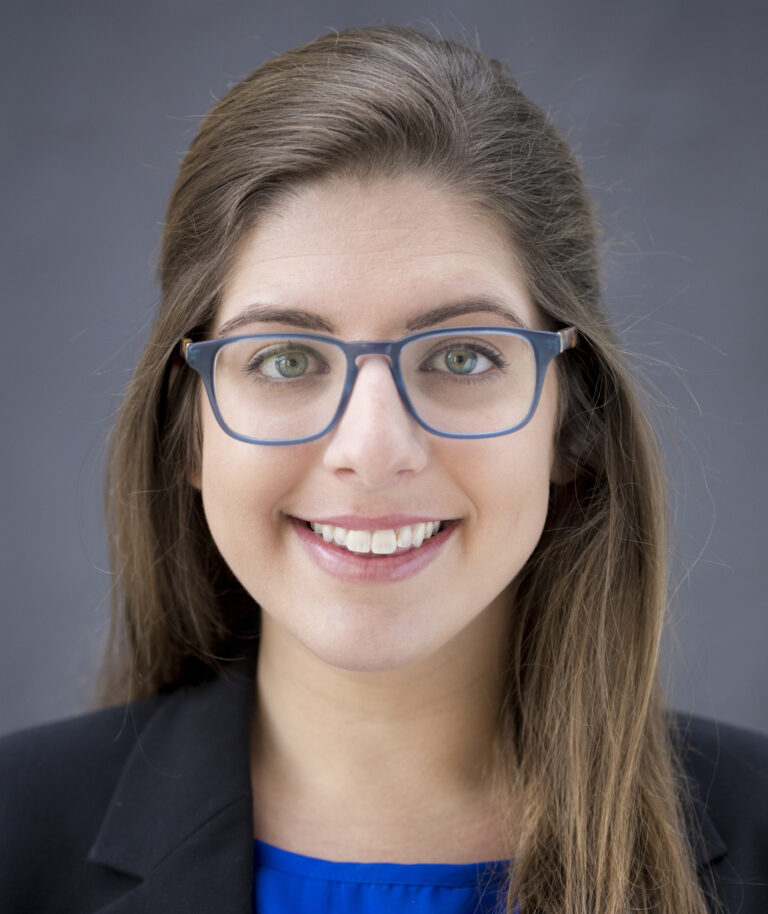
Brittany Ricci, MD
The Warren Alpert Medical School of Brown University
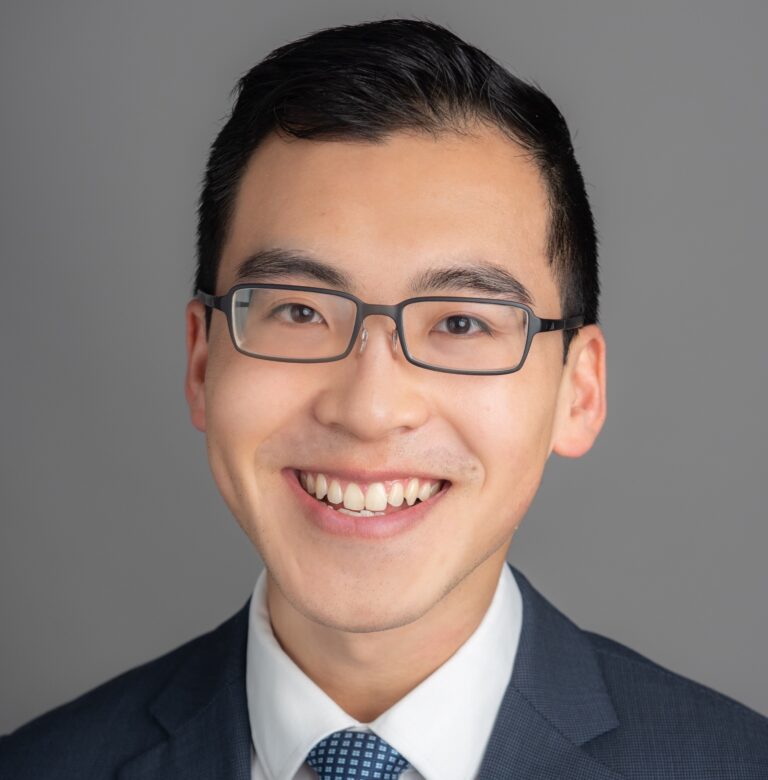
Daniel Liauw, MD, MPH
University of North Carolina at Chapel Hill School of Medicine

Emily Moore, MD
Vanderbilt University School of Medicine

Meera Sury, MD, MTS
University of Minnesota Medical School
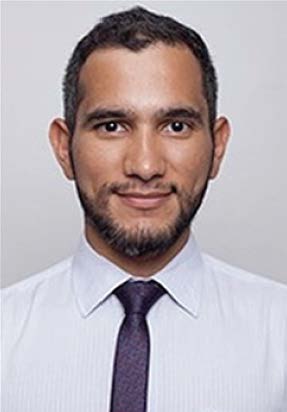
Miguel Linares, MD, MPH
University of California, San Francisco, School of Medicine
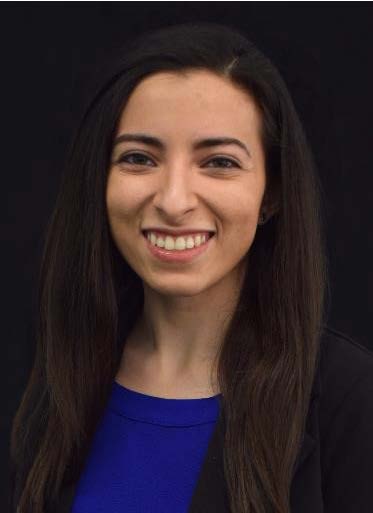
Soraya Naqvi, MD, MPH (PC-DGM)
The University of Texas Health Science Center at San Antonio Joe R. and Teresa Lozano Long SOM
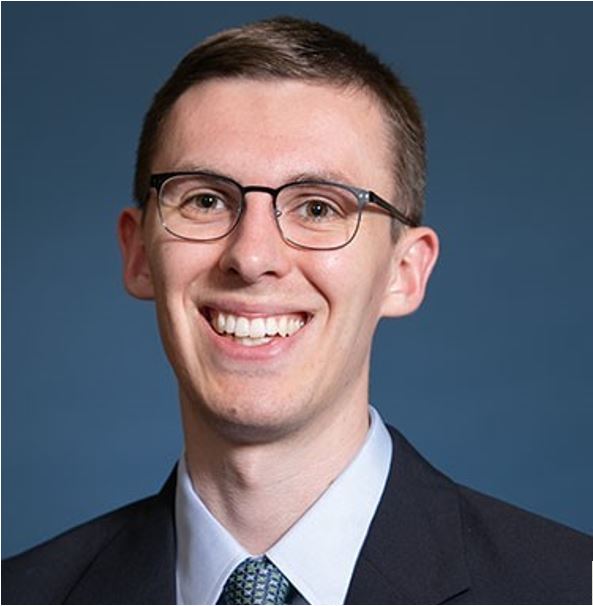
Nathan Petrou, MD
University of Massachusetts Medical School
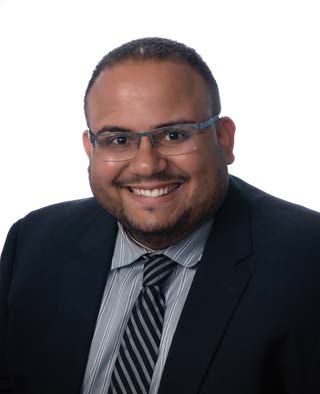
Ramon Rodriguez, MD
Columbia University Vagelos College of Physicians and Surgeons

Sonya Davey, MD
Perelman School of Medicine at the University of Pennsylvania
Frequently Asked Questions
While all physicians should have training in health equity, not all will be leaders. If you hope to dedicate your career to advancing health equity (in whichever facet of medicine you plan to pursue) than our path is probably great for you!
All LHEP residents are encouraged to develop a project or product during residency. However, this does not have to be a traditional research project, but could be a medical education project, advocacy/policy project, journalistic writing, quality improvement initiative, etc. The reason that we recommend this is because working on a project/product gives you the chance to take a deeper dive into an aspect of health equity that interests you, strengthen your networks, and launch the next stage of your career. Funding is available for all LHEP residents through an application process to support their projects.
At this time, LHEP is not able to provide support for an additional degree, but we hope to be able to do this in the future.
You can sign up for LHEP when you submit your scheduling preferences for the next year. While there is not a formal application process, we will ask you to send a cover letter and CV once you have enrolled so that we can get to know you better. Please email any questions about the pathway to Drs. Cheryl Clark and Morgan Esperance.
Selected publications from or citing LHEP residents
Duaa AbdelHameid. Professionalism 101 for Black Physicians. NEJM 2020. https://www.nejm.org/doi/full/10.1056/NEJMpv2022773
Joe Hodgkin. Next Generation: Taking a Stand Against Nuclear War. Brigham Clinical and Research News 2020. https://bwhclinicalandresearchnews.org/2020/02/07/taking-a-stand-against-nuclear-war-2/
Jennifer Hong. A US doctor on bracing for the worst of covid-19: “We show up despite knowing the risks.” BMJ Blogs 2020. https://blogs.bmj.com/bmj/2020/04/02/us-doctor-bracing-worst-covid-19-we-show-up-despite-knowing-risks/
Sanjay Kishore and Margaret Hayden. Community Health Centers and Covid-19 – Time for Congress to Act. NEJM 2020. https://www.nejm.org/doi/10.1056/NEJMp2020576?url_ver=Z39.88-2003&rfr_id=ori%3Arid%3Acrossref.org&rfr_dat=cr_pub++0pubmed
[Lauren Malishchak] On the Front Lines with the Underserved. Tufts University School of Medicine 2020. https://medicine.tufts.edu/news/2020/06/front-lines-underserved
[Fabiola Molina and Maria Patanwala] Brigham Rallies to Support Immigrants, Oppose Public Charge Rule. Brigham Bulletin 2020. https://bwhbulletin.org/2018/12/07/brigham-rallies-to-support-immigrants-oppose-public-charge-rule/
[Cameron Nutt] Gina Kolata. Many Medical Decision Tools Disadvantage Black Patients. NYTimes 2020. https://www.nytimes.com/2020/06/17/health/many-medical-decision-tools-disadvantage-black-patients.html
